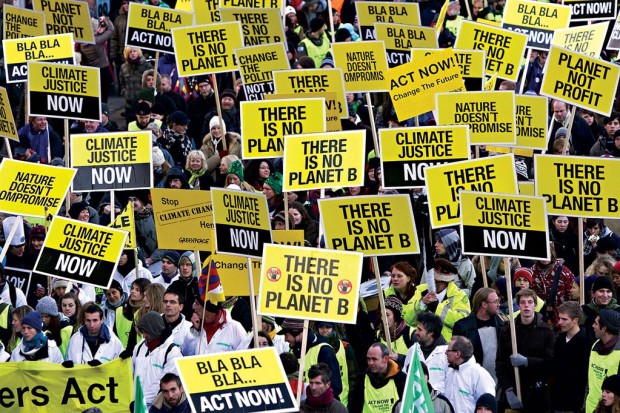The local board is in the process of drafting a local climate action plan. The Auckland Climate Action goal is to halve greenhouse gas emissions this decade and if this is to achieved action at a national, regional and local level will be required.
When I first became a Local Government politician in 2001, we knew then that the world faced a cataclysmic climate disaster and we had to get moving but at least then we had some time.
Politics was different then. Some thought that action against climate change was a socialist plot to destroy the capitalist system. At one level it was. It is clear now that rampant consumerism is destroying the planet and the capitalist system is the cause of the problem. But back then there was a debate.
The debate is now over. What we are seeing in the real world is exactly what was predicted.
Unfortunately we have seen insufficient action at a time when action was most needed.
Over the past two decades locally and regionally there has been some progress. Auckland’s double tracking and electrification of the rail system has been completed. Out west a number of walkways and cycleways have been constructed. Intensification was concentrated by Waitakere City around the rail line. If you want to see an example of the best compact urban form in the region then come out west.
The double tracking and electrification of the rail line took 14 years. It now provides really good quality public transport. But we no longer have the same amount of time to do the next big project. And to reduce car use by up to half is going to take a lot of PT projects.
Advanced cities like Auckland must be able to play our part if the world has a hope of avoiding a climate catastrophe. If we cannot pull our weight then I cannot see how the world will.
We have big plan to halve CO2 emissions over the next decade. But so far construction of the all important supporting infrastructure has been lagging.
Locally this local board has made addressing climate change a priority. We have completed the design of our greenways plan and we are now starting to build the infrastructure. But progress is regrettably very slow and a lack of resources is hurting. We only have limited funds and can only do one or two projects a year when we need to be doing dozens.
At one level meeting the region’s climate goals is quite a simple job. Conceptually in ten years time each of us have to have halved the amount of Greenhouse Gasses that we produce. And Transport is a big part of this.
We could meet the transport reduction goals by:
- All of us owning hybrids.
- Half of us owning electric vehicles and using a 100% renewable energy source.
- Walking and cycling more.
- Driving as little as half as we do right now.
- Catching public transport more often.
- Eating less meat.
- Having more energy efficient homes and businesses.
- Consuming less.
- Flying less.
Clearly it will be a contribution from all of these areas but this underlines the scale of the problem and the action required.
And the issue highlights the importance of urban trees and forests and the Te Wao nui o Tiriwa, the great Waitakere Ranges forest itself. Maturing and mature trees are the best way to capture carbon.
Central Government has its role as does local government. And some of these solutions are intensely local.
The local board has made addressing Climate Change one of our priorities.
We want to play our part in accelerating what can be done locally.
We are seeking early feedback on what should be in a draft plan and will then seek feedback on the content of the plan.
Some feedback from the combined Residents & Ratepayers has been received. Comments that they made included the following:
They understandably expressed frustration at the time it takes Council to get things done.
They expressed strong support for public transport for villages including Piha and Huia.
There was significant support for the retention and enhancement of wetlands as well as community gardens we were urged to make the system of allocation easier.
There was strong support expressed for protection of trees, including protection and enhancement of the Waitakere Forest, Significant Ecological Areas and urban trees. We were urged to recognise that local protection of maturing forest particularly in the Waitakere Ranges area is the greatest contribution we can make to addressing climate change. And we were urged in the parts of the local board area that have poor tree cover to improve this and be part of Urban Ngahere program.
Concern was expressed that intensification in areas without good public transport will increase congestion. And that the Unitary Plan is not helping, particularly in allowing intensification in flood prone areas in the north of the city.
There was also discussion about managed retreat and managing sea level rise. And concern was expressed at Council’s ability to continue to manage and repair slips in the Rural area and that the budget for this is inadequate.
Council officers are working on a draft which will be released for public consultation. If you have any ideas on what to include in the draft feel free to drop me a line.

Leave a Reply